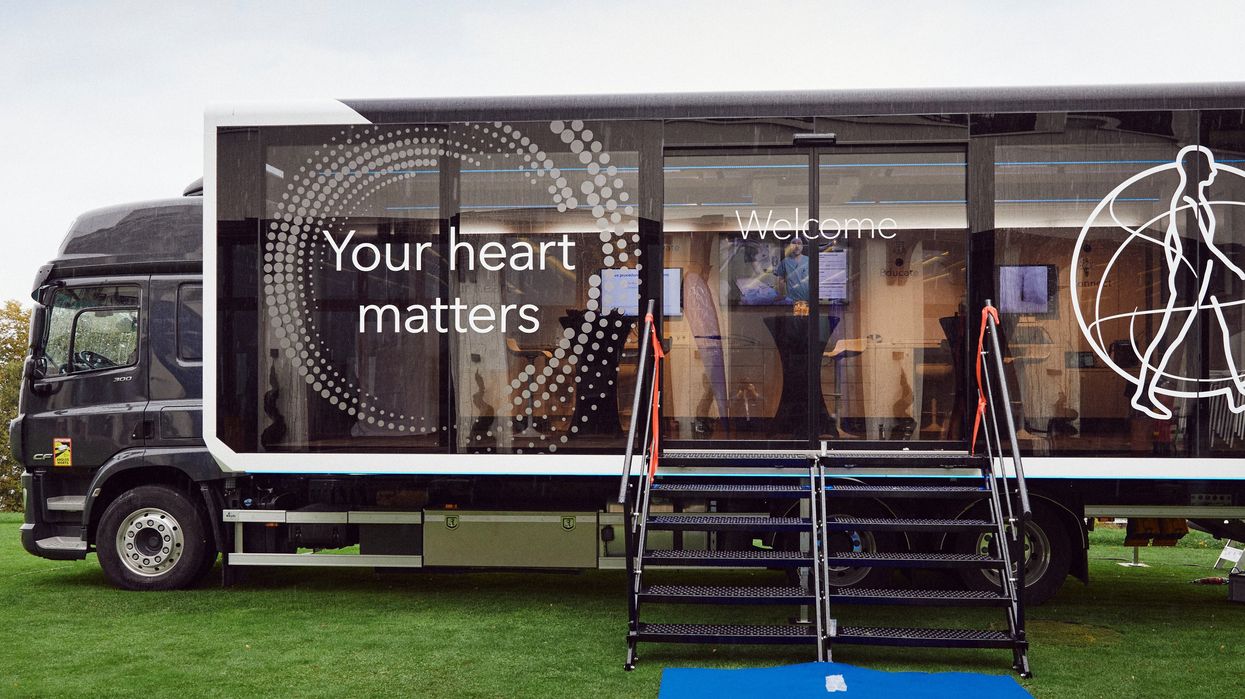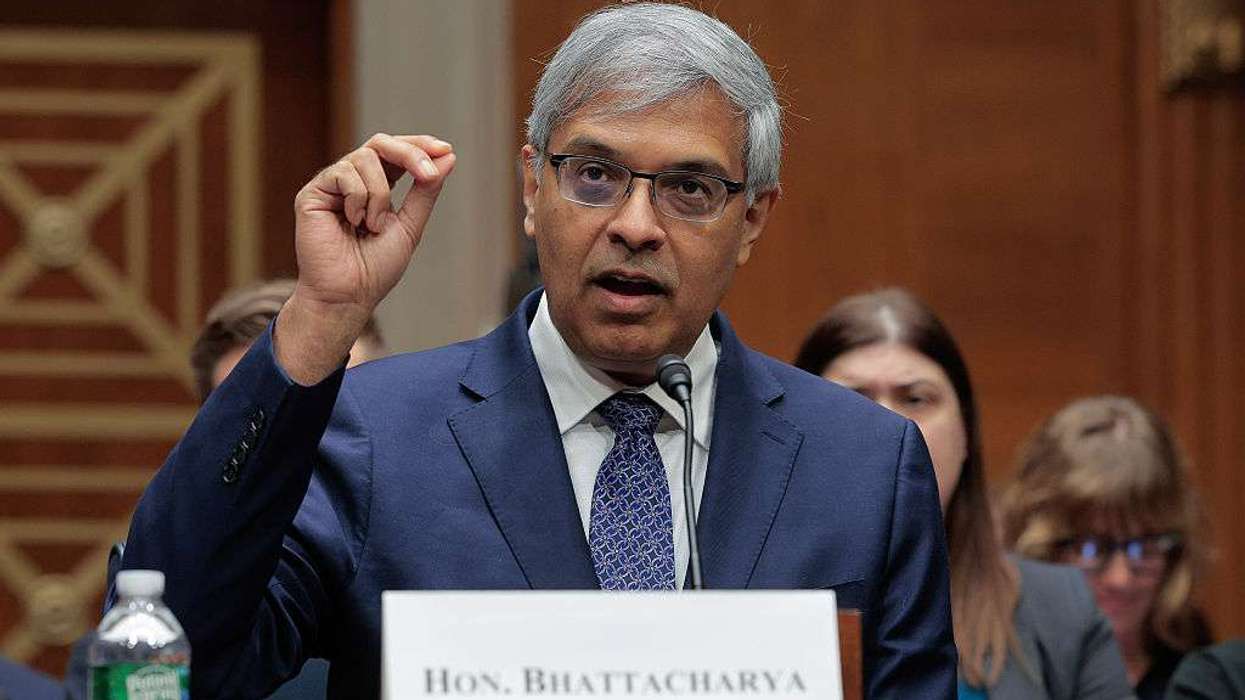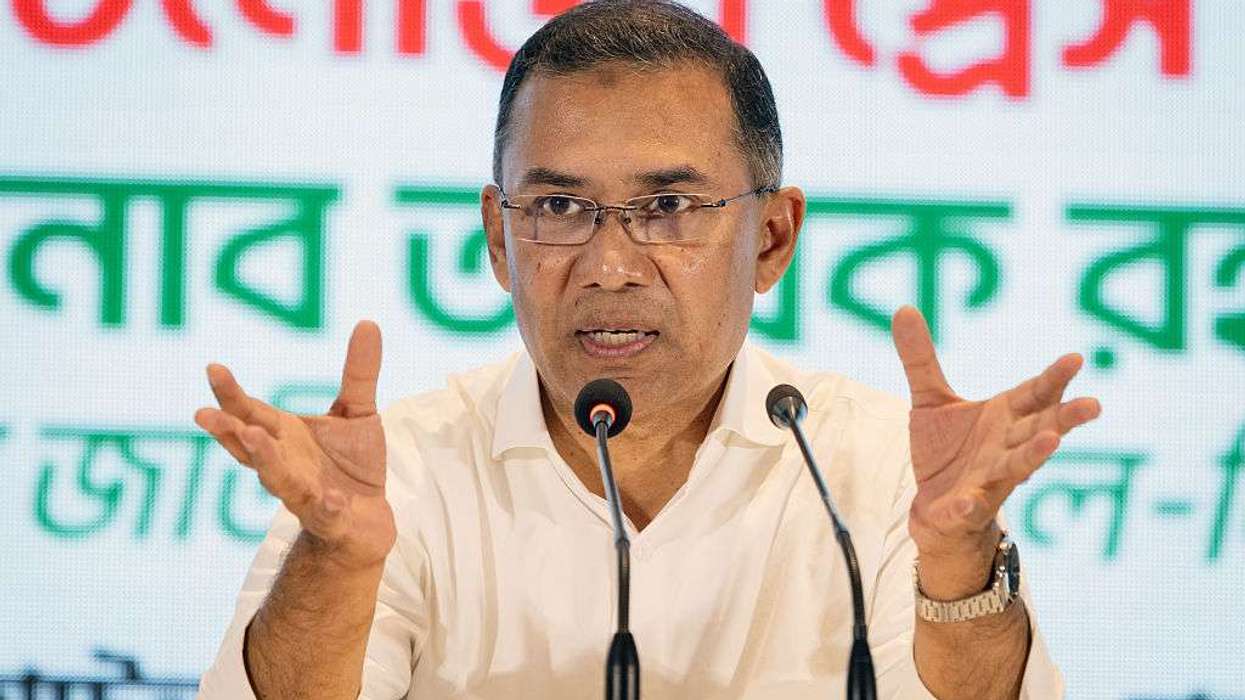OLDER south Asians have been urged to get their hearts checked as it is estimated that 1.5 million Asians may be living with undiagnosed heart valve disease (HVD) – a serious condition that can lead to heart failure or death, if left untreated.
HVD occurs when one or more valves in the heart do not work properly. Symptoms such as breathlessness, tiredness and dizziness are often mistaken for normal signs of ageing.
But early diagnosis can lead to life-saving treatments, including surgery or newer, less invasive procedures like TAVI (Transcatheter Aortic Valve Implantation).
However, statistics show that south Asian and black patients are less likely to be diagnosed or treated for the condition.
A recent study found just three per cent of TAVI procedures were performed on black or Asian British patients, while among white patients, the corresponding figure was 96 per cent. South Asian patients were also less likely to receive aortic valve replacements in a timely manner, with 55 per cent treated compared to 65 per cent of white patients.
In order to tackle this health gap, a ‘Your Heart Matters’ truck (right) is travelling to key locations offering free heart checks, especially targeting older people in Asian communities.
Stops include Cardiff (Roald Dahl Plass, Cardiff Bay next Wednesday, 7); Slough (Asda Superstore next Friday, 9); Leicester (Clock Tower on May 13 and Newcastle (Asda Byker Superstore on May 16).
Dr Nav Chandra, consultant cardiologist at Wexham Park Hospital, said, “We want to reach out to the south Asian community. Many face language struggles, modesty concerns, or simply don’t realise how serious these symptoms are.”
Cardiologists said cultural, language and access barriers may prevent south Asians from seeking help. In Slough, where 50 per cent of the population is Asian, less than five per cent of patients in specialist HVD clinics are of south Asian origin.
Slough MP Tan Dhesi said, “Heart valve disease is both common and serious. However, with screening, prompt diagnosis and timely intervention, it’s treatable and lives can be saved. There are many treatment options available beyond open heart surgery, which can help patients maintain a good quality of life. It’s crucial to continue raising awareness about the symptoms and the importance of regular check-ups to detect heart valve disease early.”




